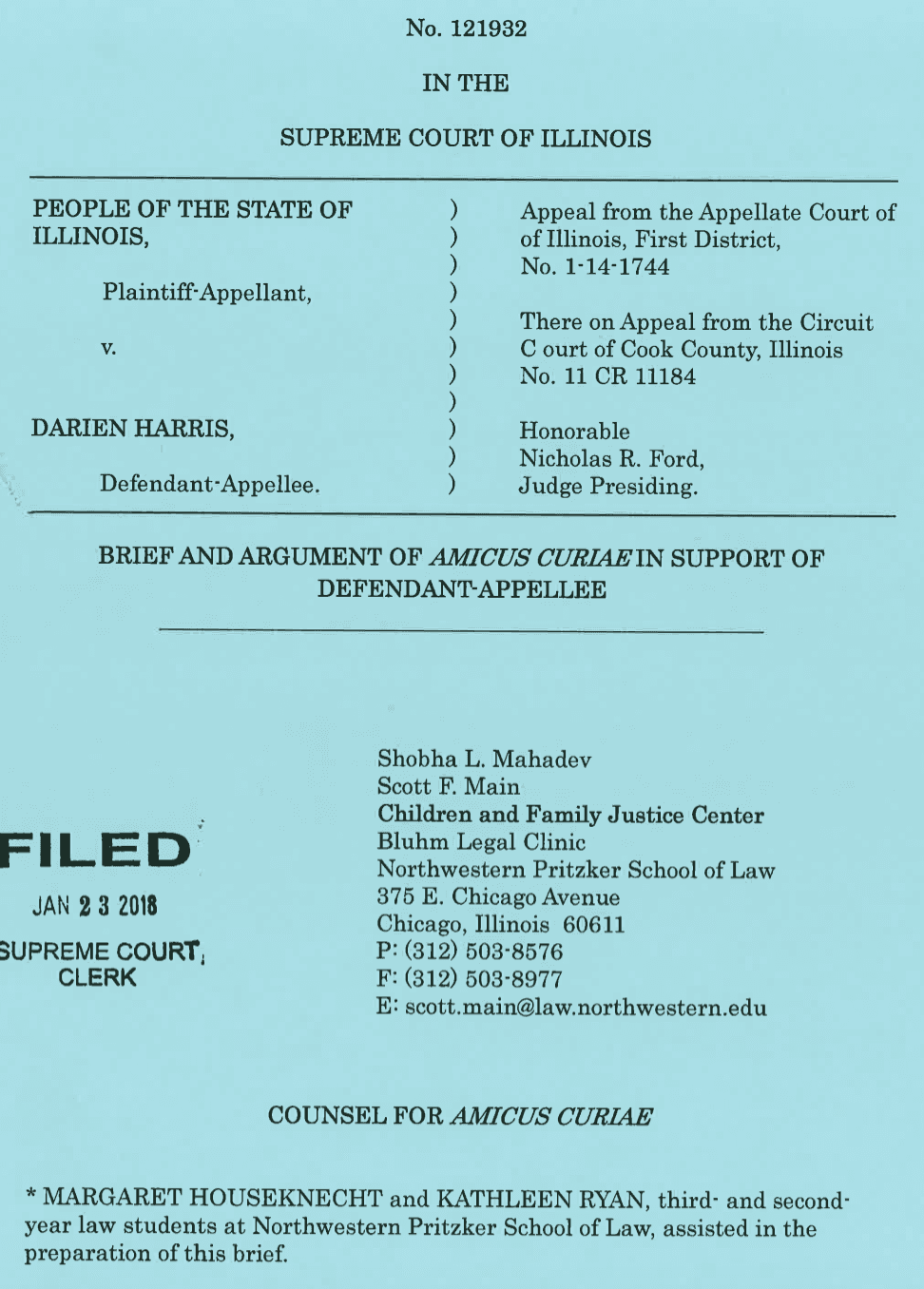
Summary of Argument
In 2005, the United States Supreme Court recognized that all youthshare certain key developmental attributes and characteristics which make them categorically less culpable than their adult counterparts. In the years since, the Court has relied upon these unique attributes to strike certain extreme punishments for youth under the Eighth Amendment. The Court has refi.ned its Eighth Amendment jurisprudence to refLect that young people are different for the purposes of applying the Constitution's ban on cruel and unusual punishments. The Court grounded its rationale in neuroscience and behavioral research on adolescent development that demonstrates that young adults are less culpable than their adult counterparts. This research-while applied in those cases to youth under l8-actually counsels against such an arbitrary cut-off. Those under the age of 2I should be held accountable for their criminal conduct, but like younger juveniles, they are not as culpable or blameworthy as adults. Under both Article I, $ 11 of the Illinois Constitution and the Eighth Amendment, young adults must be accorded the same sentencing protections as youth under 18. Accordingly, any sentence imposed on an individual under the age of 2I, without the opportunity for individualized consideration of that person's youth and attendantcharacteristics, is unconstitutional. For appropriate youth, a court must be